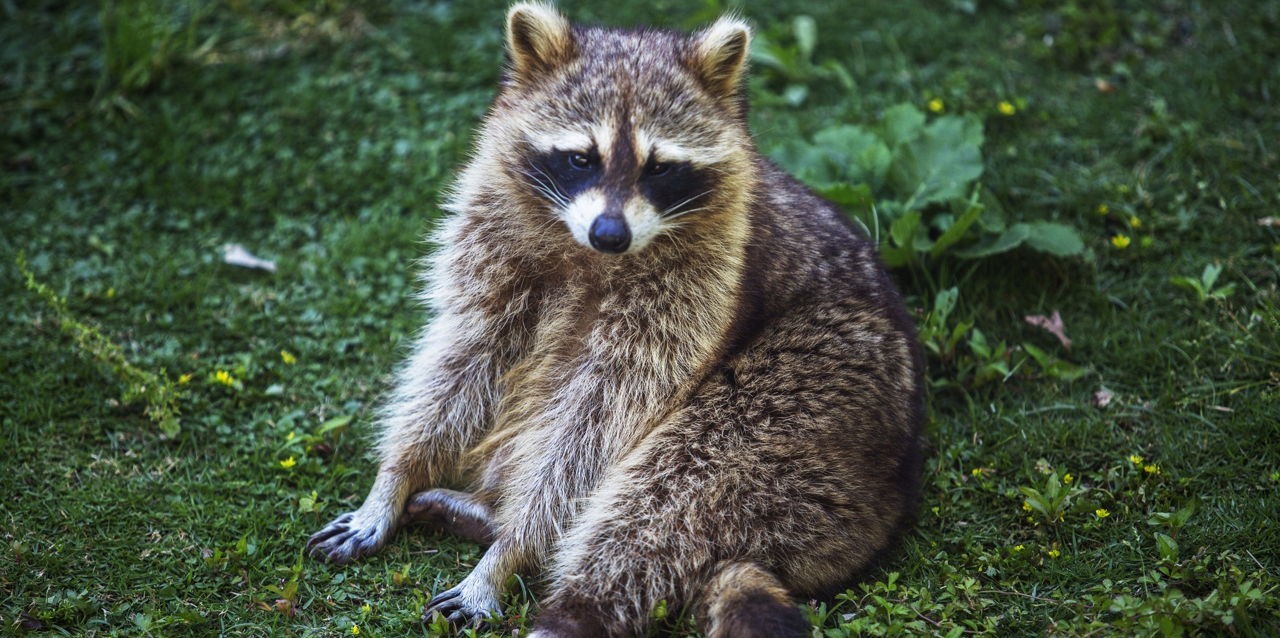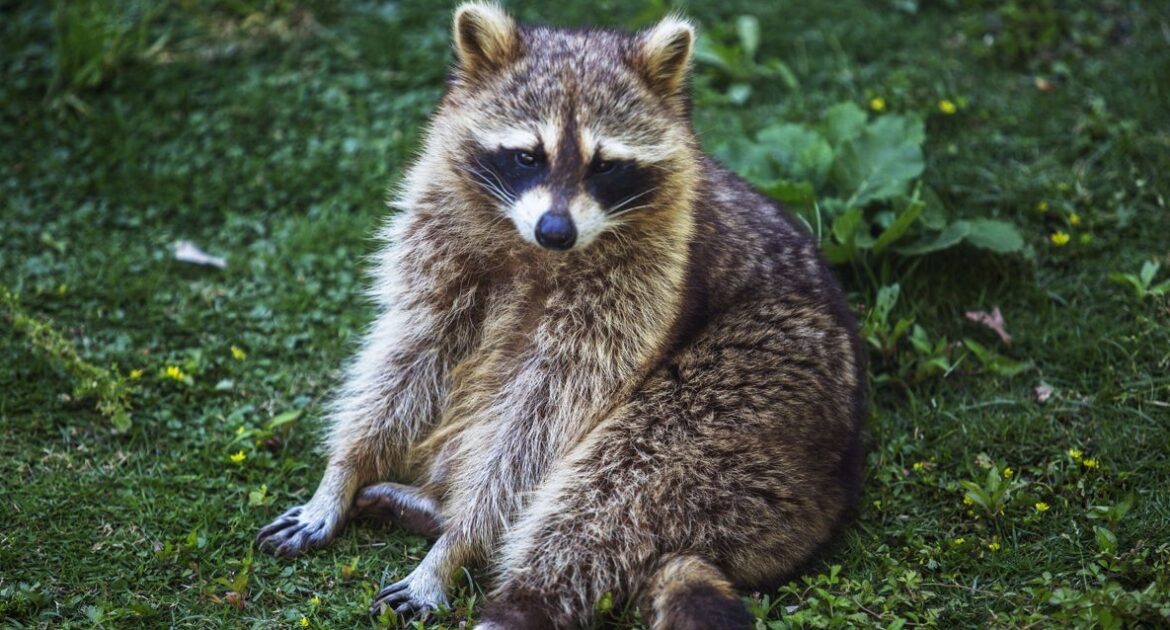Gardening enthusiasts often find themselves sharing their outdoor spaces with wildlife. While it’s wonderful to see animals in their natural habitats, many homeowners face challenges when these animals become too comfortable in their yards. From digging up flower beds to raiding vegetable patches, unwanted guests can become a nuisance. The challenge is how to keep wildlife away without causing them harm. At Skedaddle, we specialize in methods that respect the balance of nature while helping you retain control over your space. In this guide, we’ll explore landscaping strategies that deter unwanted visitors naturally and effectively.
Creating a wildlife habitat is fulfilling, but sometimes animals overstay their welcome. Many people in North Atlanta struggle with wildlife removal as they seek to enjoy their gardens without interference. With the right landscaping techniques, we can coexist peacefully with nature’s creatures. These methods are designed not only to manage animal visits but also to preserve the environment. By following these tips, you can maintain a beautiful garden that respects the balance of nature.
An attractive yard doesn’t have to mean an open invitation for animals. With a few strategic changes, you can enjoy a flourishing garden without constant interruptions from animals. Let’s look at how you can adjust your landscape to encourage animals to visit other areas. You’ll find that a few simple updates can make all the difference in achieving a harmonious garden. Read on to learn how to protect your plants while still being a friend to nature.
What is the Attraction That Draws Wildlife to Your Yard?
Animals are drawn to certain features in a yard. Food, water, and shelter are the main attractions. Understanding these factors helps in designing a space they find less appealing. For instance, fruit trees and vegetable gardens are common targets. Animals are naturally attracted to these food sources, leading to frequent visits. By minimizing these attractions, we can keep our gardens safe.
Water features are another common draw for animals. A pond or fountain might seem like a delightful addition, but it can lure animals looking for a drink. By managing water access, you can reduce visits from thirsty creatures. Installing water features that are less accessible to animals, such as birdbaths on tall stands, can help.
Shelter is another key element. Dense shrubs or piles of leaves provide perfect hiding spots. By keeping your yard tidy and trimming bushes, you can discourage animals from settling in. It’s about creating an environment that’s less inviting while still maintaining its beauty. A few simple changes can go a long way in discouraging unwanted guests.
Designing with Deterrence in Mind
When planning your landscape, consider using plants that naturally deter animals. Certain plants are known for their unappealing taste or smell. Herbs like lavender, mint, and rosemary not only enhance the beauty of your garden but also serve as natural repellents. Incorporating these into your design can help keep animals at bay.
Fencing is another effective strategy. While it may seem obvious, a well-constructed fence can be a significant deterrent. Choose materials that are difficult to climb or dig under. Electric fences are an option, but they should be used with caution to avoid harming animals. A secure perimeter can prevent many common issues.
Lighting can also play a role. Animals often prefer darker areas for their activities. Installing motion-activated lights can startle them and discourage visits. This solution adds security to your home while also deterring animals. Just be sure to position lights strategically to cover vulnerable areas without affecting the aesthetic of your garden.
Practical Steps to Protect Your Space
To maintain control over your garden, it’s essential to take proactive steps. Regular maintenance is key. Keep your lawn mowed, and remove debris where animals could hide. This reduces the appeal and makes it harder for them to establish themselves. A tidy garden is less inviting for unwanted visitors.
Consider using non-toxic repellents. There are many commercially available options designed to deter without harm. These can be applied to plants and around the perimeter of your garden. Be sure to choose products that are safe for humans and pets. Consistent use can be very effective in managing visits.
Encouraging natural predators can also help. By attracting birds of prey or beneficial insects, you can naturally control animal populations. Installing birdhouses or planting flowers that attract helpful insects can assist in creating a balanced ecosystem. This strategy takes time but can lead to sustainable results.
Another crucial step is to secure trash bins and compost piles, as the smell of discarded food can attract a variety of wildlife. Use sturdy, animal-resistant containers with secure lids to minimize access. If composting, ensure the pile is well-managed and does not include food scraps that could entice animals. Additionally, consider modifying bird feeders to discourage unwanted visitors. Selecting feeders with weight-sensitive perches or baffles can help keep larger animals from feasting on birdseed. Ultimately, creating a resilient garden space involves thoughtful planning and routine maintenance to deter intrusion and preserve the natural harmony of your yard.
The Role of Community in Wildlife Management
Managing animal visits is not just an individual effort; it’s about community cooperation. Sharing experiences and tips with neighbors can lead to more comprehensive solutions. When everyone works together, it creates a more effective barrier against unwanted visitors. Consider starting a local group to discuss strategies and share resources.
Community involvement also extends to education. Hosting workshops or events focused on landscaping and animal management can raise awareness. Participants can learn about humane techniques and share successes. This can foster a supportive environment where everyone benefits.
Advocating for local wildlife-friendly policies is another way to contribute. Encourage local governments to implement measures that protect both people and animals. This might include guidelines for new landscaping projects or funding for educational programs. By working together, we can create a healthier environment for all.
Choose Skedaddle for Wildlife Removal in North Atlanta
At Skedaddle, we pride ourselves on offering humane and effective solutions to control animal visits. Our team of experts assesses each situation individually, tailoring strategies to meet specific needs. We believe in a respectful approach that considers both animal welfare and client satisfaction.
Our services include thorough inspections to identify entry points and vulnerabilities. We then implement exclusion techniques to prevent future intrusions. This might involve installing barriers, sealing gaps, and advising on landscape modifications. Our goal is to provide a long-term solution that respects your space and the natural world.
What sets us apart is our commitment to education and support. We offer guidance on how to maintain your yard to prevent future issues. Our team is always available to answer questions and provide additional assistance. With Skedaddle, you get more than just a service; you gain a partner in maintaining a peaceful outdoor environment.
A Sustainable Future with Skedaddle
In conclusion, protecting your garden from unwanted visitors requires thoughtful planning and consistent effort. By understanding what attracts animals and employing strategic landscaping techniques, you can enjoy a beautiful, undisturbed outdoor space. With the right approach, it’s possible to create a peaceful coexistence with nature.
Skedaddle is here to guide you every step of the way. Our comprehensive services ensure that your garden remains a sanctuary for you while respecting the environment. Whether you need immediate assistance or ongoing support, we’re committed to providing solutions that work.
If you’re ready to take control of your outdoor space, reach out to Skedaddle today. Together, we can create a garden that’s both beautiful and secure. Contact us to learn more about how we can help transform your yard into a harmonious retreat.




